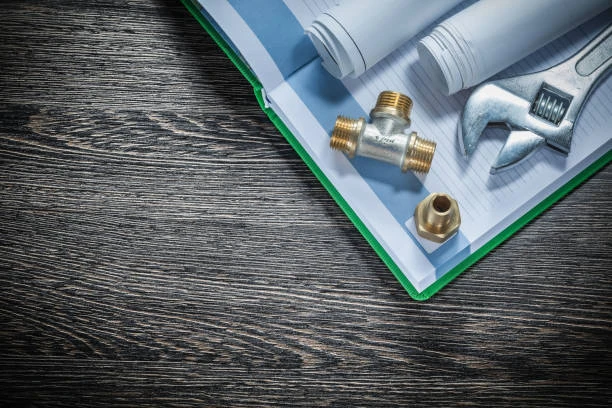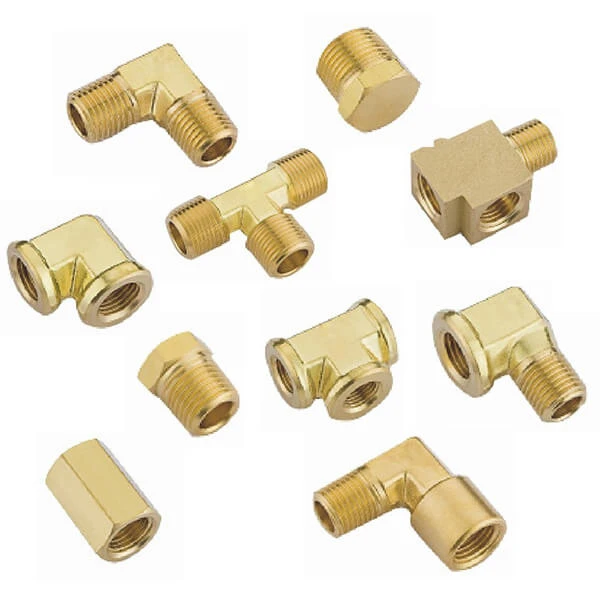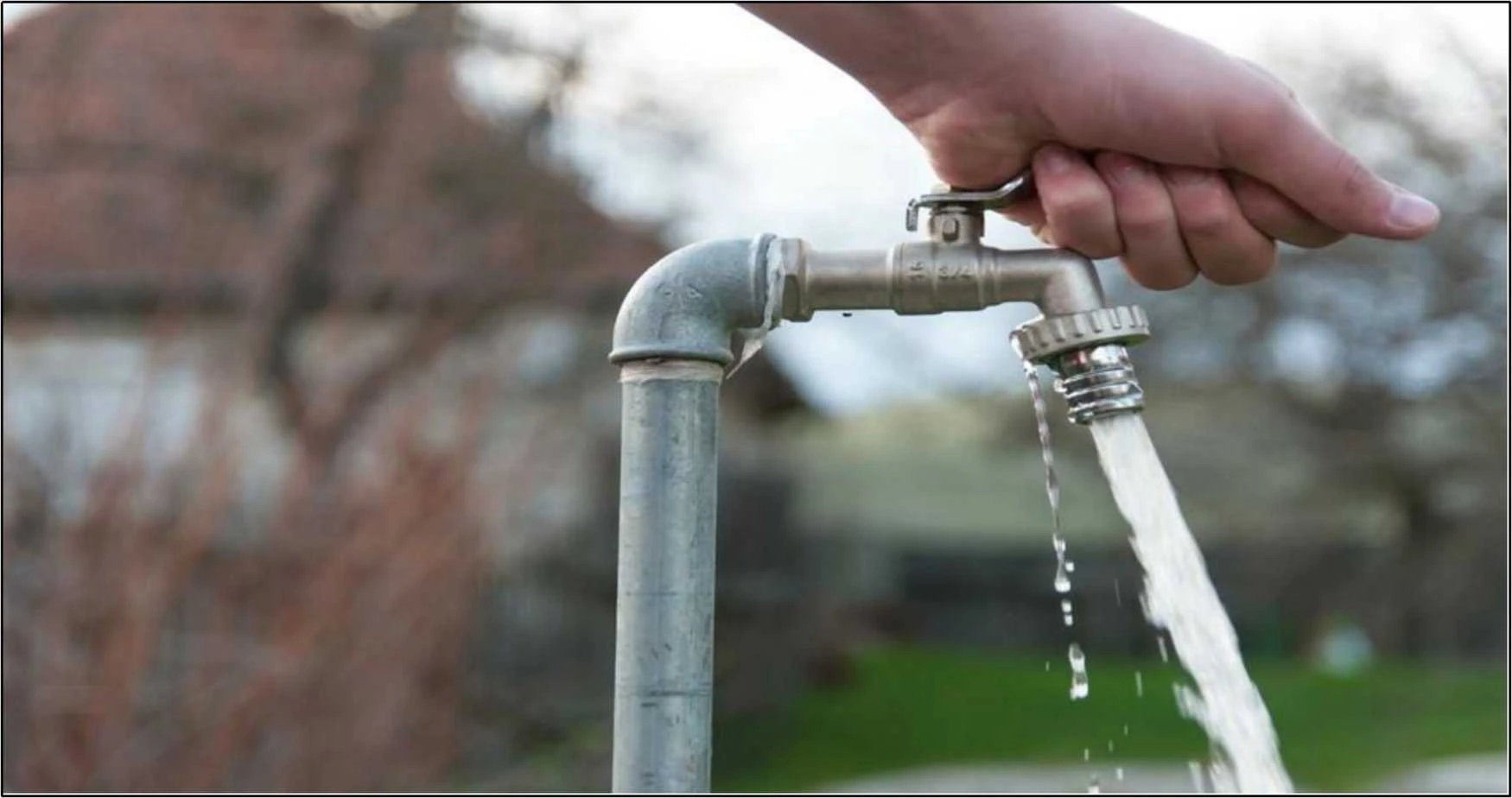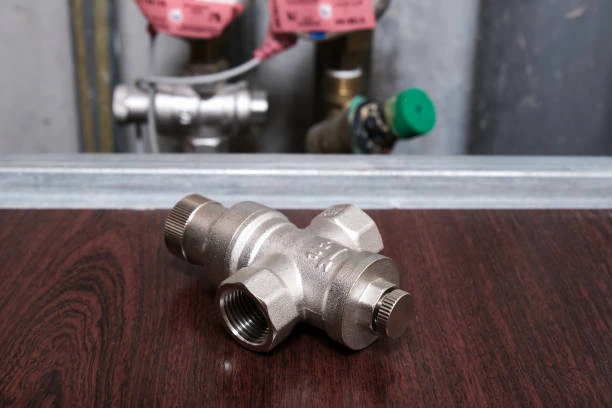In a landmark decision, a judge has approved $90 million in damages related to failures in copper plumbing systems that have affected numerous homeowners and commercial properties. This ruling highlights the ongoing concerns surrounding copper plumbings and its durability, as well as the responsibilities of manufacturers and contractors in ensuring quality installations. This article will explore the issues surrounding copper plumbings failures, the legal implications of this case, and what homeowners should know about their plumbings systems.
The Rise of Copper Plumbing
Copper plumbing has been a popular choice for residential and commercial properties for decades. Known for its durability, resistance to corrosion, and ability to handle high temperatures, copper pipes are often used in various applications, including:
- Water supply lines: Copper is widely used for potable water systems due to its safety and reliability.
- Heating systems: Copper pipes are effective for both hot water and steam heating systems.
- Drainage systems: While less common, copper can be used in some drainage applications.
Despite its popularity, copper plumbings has faced scrutiny in recent years, particularly concerning its susceptibility to failures, which can lead to leaks, water damage, and costly repairs.
Understanding Copper Plumbing Failures
Copper plumbing failures can occur due to a variety of reasons, including:
1. Corrosion
Corrosion is one of the most significant issues affecting copper plumbing. Factors such as water chemistry, temperature, and the presence of certain minerals can accelerate corrosion, leading to pipe failure. For instance, acidic water can cause pitting corrosion, weakening the pipes over time.
2. Improper Installation
Poor installation practices can also contribute to copper plumbing failures. Issues such as inadequate joint sealing, improper support, or incorrect sizing can lead to leaks and other problems. Contractors are responsible for ensuring that plumbing systems are installed according to industry standards.
3. Freeze Damage
In colder climates, copper pipes can freeze during extreme temperatures. When water inside the pipes freezes, it expands, which can cause the pipes to burst. This is particularly concerning in poorly insulated areas.
4. Quality of Materials
The quality of the copper used in plumbing systems can vary. Low-quality copper may not withstand the demands of a plumbing system, leading to failures over time. Homeowners should ensure that they are using high-quality materials during installation or repair.
The Legal copper plumbing Case
The recent court ruling regarding copper plumbing failures stems from a class-action lawsuit filed by affected homeowners and property owners. The lawsuit alleged that the manufacturers of the copper pipes were aware of the potential issues but failed to adequately inform consumers or take steps to mitigate the risks.
Key Findings of the copper plumbing Case
- Negligence: The court found that the manufacturers displayed negligence by not disclosing the risks associated with their copper products.
- Widespread Impact: Evidence presented in the case showed that thousands of homes and businesses had experienced plumbing failures linked to the faulty copper piping.
- Financial Impact: The $90 million in damages is intended to cover the costs of repairs, replacement of plumbing systems, and additional expenses incurred by homeowners due to the failures.
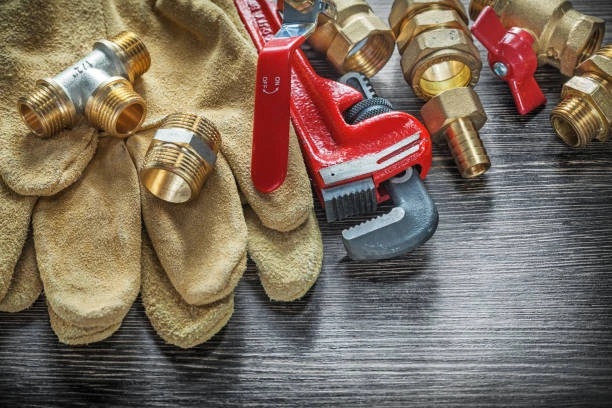
Implications for copper plumbing Homeowners
The ruling has significant implications for homeowners with copper plumbing systems. Here are some key takeaways:
1. Assessing Your Plumbing System
Homeowners should conduct an assessment of their copper plumbing systems to identify any potential weaknesses. Look for signs of corrosion, leaks, or water damage. Early detection can prevent more significant issues down the line.
2. Professional Inspections
Engaging a qualified plumber for a thorough inspection of your plumbing system can help identify potential problems. A professional can assess the quality of the copper used and recommend necessary repairs or replacements.
3. Understand Your Rights
Homeowners should be aware of their rights when it comes to plumbing installations and repairs. If you believe that you have experienced damages due to faulty materials or improper installation, you may have grounds for legal action.
4. Consider Alternatives
Given the issues surrounding copper plumbing, some homeowners may consider alternative materials such as PEX or PVC. These materials can offer advantages such as flexibility, resistance to freezing, and ease of installation.
Moving Forward
As the industry responds to the challenges posed by copper plumbin failures, manufacturers and contractors are under increasing pressure to ensure the quality and reliability of their products. This ruling serves as a reminder of the importance of accountability in the construction and plumbing industries.
For homeowners, staying informed about the condition of their plumbing systems and understanding the potential risks associated with copper plumbing can help prevent future issues. As the case continues to unfold, it will be interesting to see how it shapes industry practices and consumer awareness in the future.
Conclusion
The approval of $90 million in damages for copper plumbin failures highlights the significant concerns surrounding the use of copper in plumbing systems. With corrosion, improper installation, and quality control issues contributing to failures, homeowners must take proactive steps to protect their investments. By understanding their plumbing systems, conducting regular inspections, and staying informed about industry standards, homeowners can mitigate risks and ensure the longevity of their plumbing.
Frequently Asked Questions (FAQs)
1. What are the main issues with copper plumbin?
The main issues include corrosion, improper installation, freeze damage, and the quality of materials used.
2. How can I tell if my copper plumbin is failing?
Look for signs of corrosion, leaks, or water damage. If you notice discolored water or unusual moisture in walls or floors, it’s time to investigate further.
3. What should I do if I suspect my plumbing has failed?
Contact a qualified plumber for a thorough inspection and assessment of your plumbing system.
4. Are there alternatives to copper plumbin?
Yes, alternatives such as PEX (cross-linked polyethylene) and PVC (polyvinyl chloride) offer benefits like flexibility and resistance to freezing.
5. Can I take legal action if my plumbing has failed?
If you believe your plumbing failures are due to faulty materials or improper installation, you may have grounds for legal action. Consult a legal professional to explore your options.













